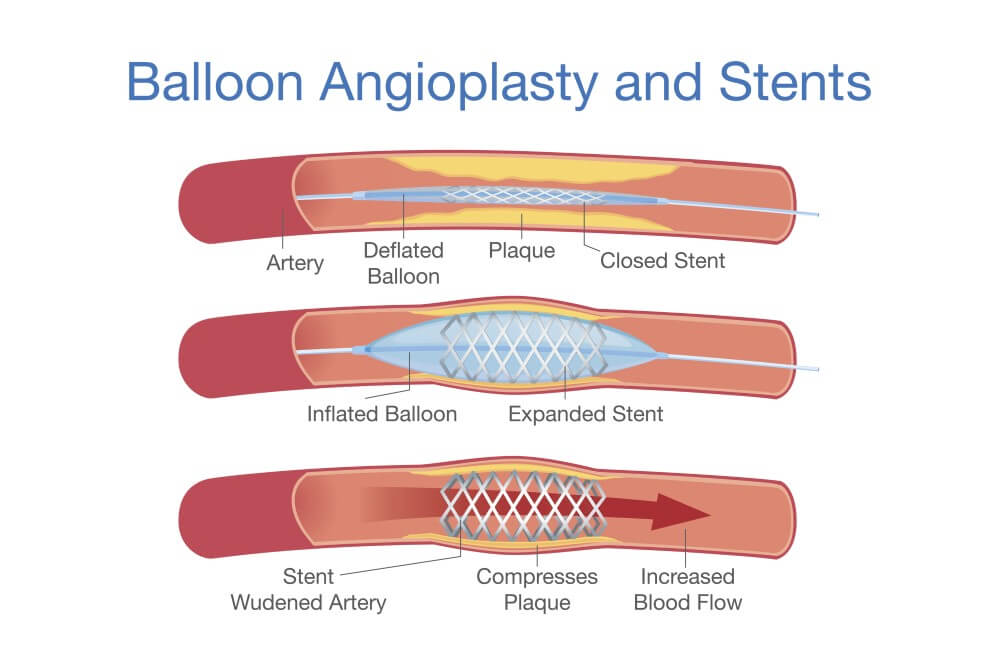Cerebrovascular Disease
Ischemic cerebrovascular disease refers to a group of conditions that affect blood vessels and blood flow in the brain. Problems with blood flow can be caused by blood vessels narrowing (stenosis), clot formation (thrombosis) or artery blockage (embolism). That lack of blood flow (also referred to as ischemia) can affect brain tissue and cause a stroke. Here are some of the risks, symptoms, and treatments you should be aware of when it comes to cerebrovascular disease.
The most common risk factors include:
- High blood pressure
- Diabetes
- High cholesterol
- Heart disease
- Physical inactivity and obesity
- Smoking
- Excessive alcohol consumption
Individuals with cerebrovascular disease may experience symptoms like these:
- Physical weakness and loss of balance
- Forgetfulness, confusion and difficulty carrying out activities that require planning and organization
- Loss of vision
- Difficulty following and engaging in conversation
- Difficulty reading, writing or speaking
- Numbness
- Dizziness
The main goal of treatment of ischemic cerebrovascular disease is to reduce the risk of stroke. There are a number of treatments available for cerebrovascular disease, including medical management (reducing stroke risk by preventing atherosclerotic plaque from progressing and/or rupturing), angioplasty and stenting (remodels plaque and opens up critically narrowed blood vessels, allowing more blood flow to the brain), and other surgical options (removing plaque and opening up blood vessels or bypassing blocked blood vessels). Our expert specialists have a great deal of experience in all of them.

